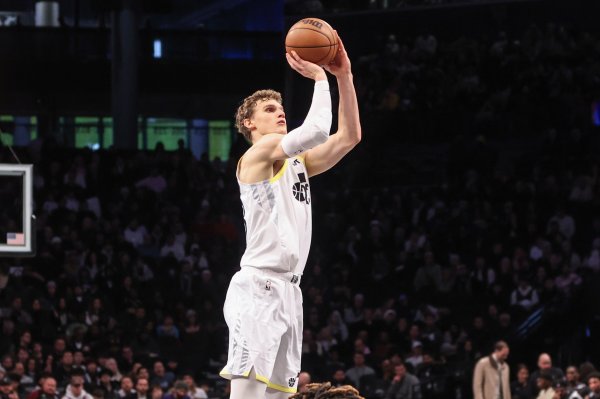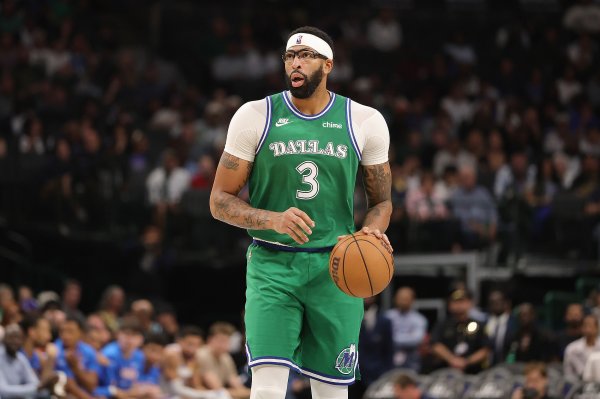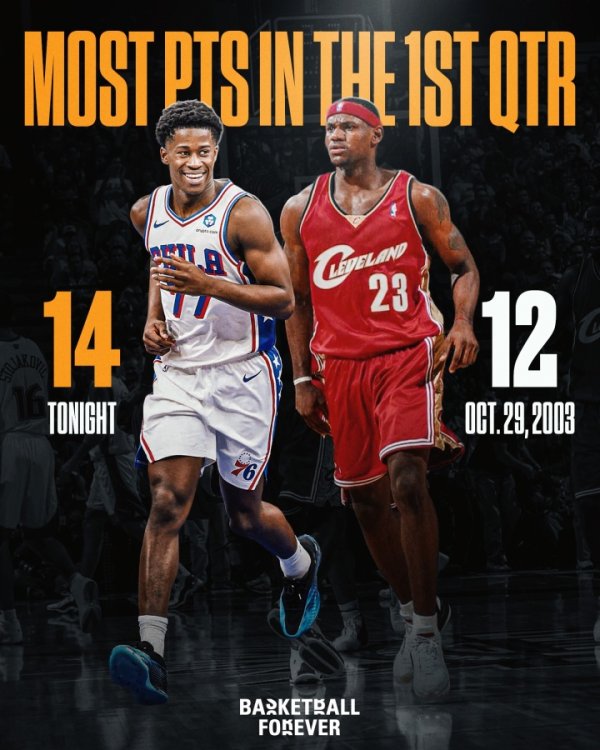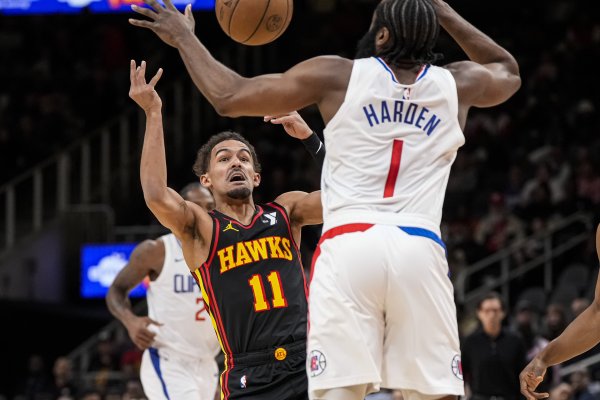Analysis | How to solve the problem of flooding fraud fouls? The punishment is too light 🥊 Referee cannot double standards
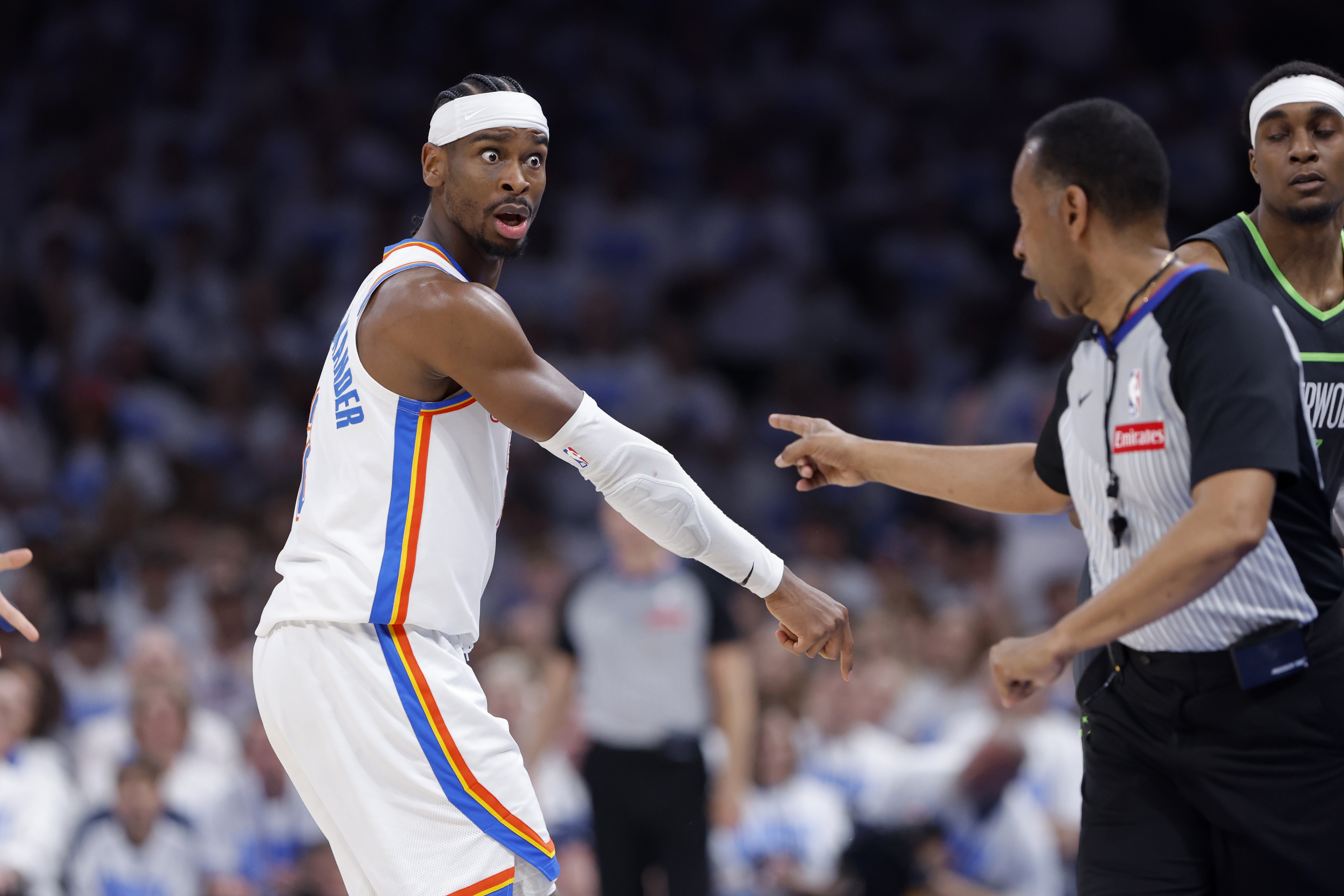
(The original article was published on May 21, and the author is Andy Bailey in the open-air stands. The content of the article does not represent the translator's views)
If you are a fanatical fan who watches NBA games and watches social media, you may have noticed a phenomenon. During the first game of this year's Western Conference Finals (the Thunder defeated the Timberwolves 114-88), basketball-related social media was flooded with various similar views.
"I don't care who won this game at all," wrote Bill Simmons of The Ringer. "Alexander's body whistle was so outrageous, and it was completely different from any other yelling scale in the playoffs." SiriusXM NBA radio's Justin Termine added: "This year's playoffs are so intense, so can Alexander whistle no one touches him? I can't stand it."
Alexander, who is the league's top scorer this season and is elected regular season MVP, made 10 of 27 shots and made 11 of 14 free throws, scoring 31 points. He has had an extraordinary regular season (and playoff) performance, but it’s far from the first time it’s clear that many of his breakthroughs are almost entirely for fouls.
And in the division final, Alexander was not the only player to do so. Knicks' Brunson should also face similar accusations. Yes, he is indeed an incredible player and an epoch-making player who goes against the spirit of sports. Brunson is proficient in a variety of classic tricks for fraudulent fouls: such as tilting back and swaying, rushing to the ground in front of the defender, and jumping from his normal shooting posture after fake moves. He has mastered all the tricks you can think of. Although Brunson may not be able to dominate the hot searches like Alexander, similar situations are completely possible.
These two stars, as well as several other players in the past few years, have raised the question: Can the NBA take measures to eliminate such fraudulent fouls? Can basketball return to a more sports-oriented game? In short: Yes, here are some specific methods to explore.
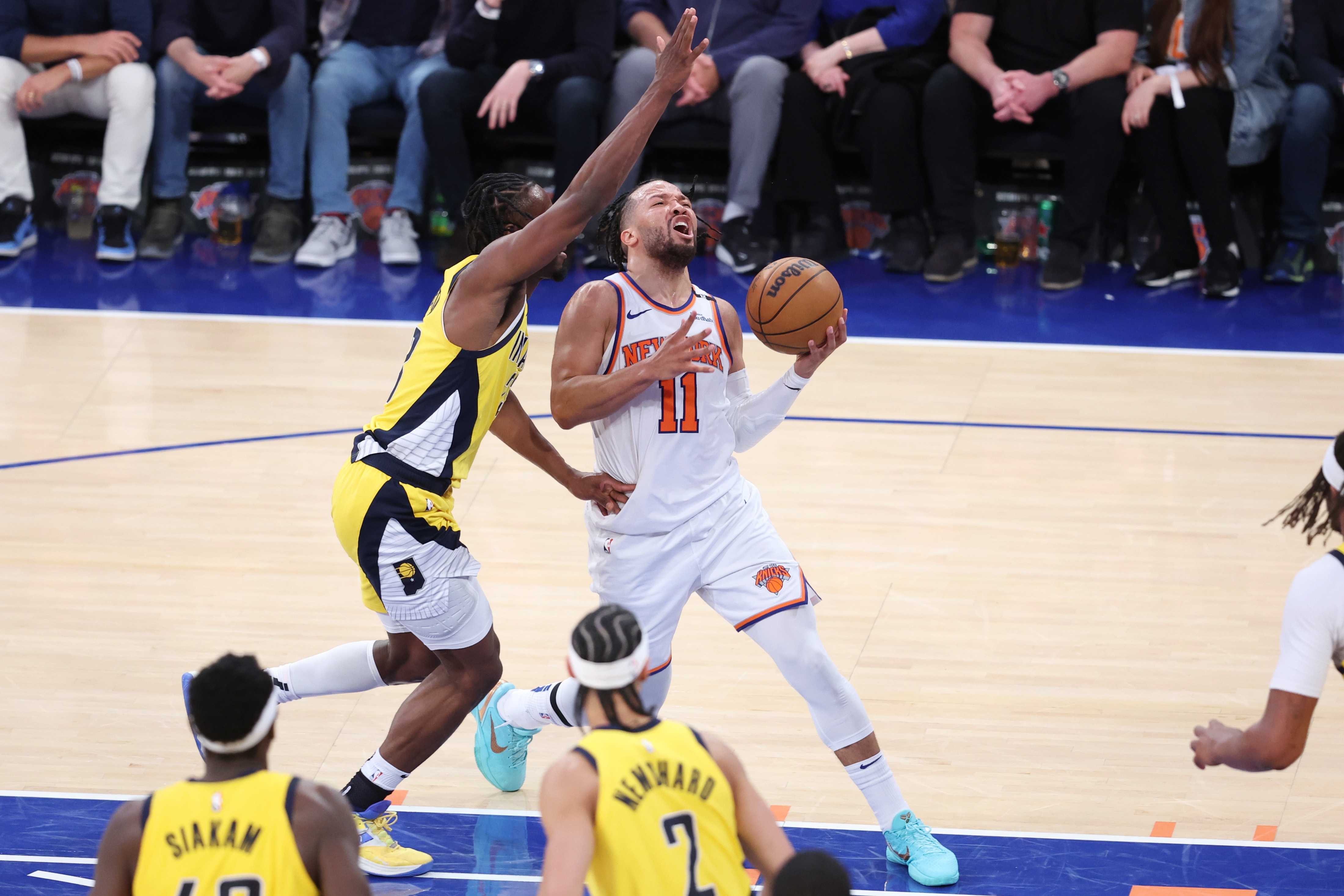
Make good use of existing rules
Last year's offseason, the NBA officially set the penalty for fake falls in the game as a permanent rule after one year of trial. The referee has the right to call a fake fall on the spot, determine it as a technical foul that is "not a violation of sports spirit", and give the violated team a free throw opportunity. Although this is far from enough, partly because such "non-unsports-spirited" technical prisoners will not accumulate to expel the game like ordinary technical prisoners, at least the league has taken the first step.
There is no doubt that the frequency of application of this rule by league referees is far from enough. Watching a random NBA game (including this year's playoffs) you'll see multiple players swelling over the ground or performing slight physical contact to a level of comical (or outrageous, depending on your position) that must be identified and punished as much as possible. Reiterated that this is not enough to form a strong deterrent. The problem has developed to the point where it goes beyond this compromise, but it is much better to take action than to continue to ignore it completely (or even encourage it in disguise).
The league needs to face up to the essence of the problem
Shortly after Jeff Van Gundy ended his long-term career as a top game commentator in the United States, Andrew Marchand, a reporter from The Athletic, disclosed: "The NBA was dissatisfied with Van Gundy's criticism of referees' judgments and filed a complaint to ESPN..." The league's position is not difficult to understand, and the continuous and sharp criticism of the content of the game (sometimes even affects the promotion of the event) is indeed not conducive to commercial operations. But when the broadcast replays clearly fake falls (or other fraudulent fouls), the event commentator should dare to point out the facts. The current situation is that the commentator often finds the basis for referees' judgment frame by frame like analyzing movie shots. In fact, it is allowed to say directly that "a player pretended to fall, and the referee was teased this time." This approach may have limited effect, but if you dare not even discuss the problem publicly, there is no way to solve it.
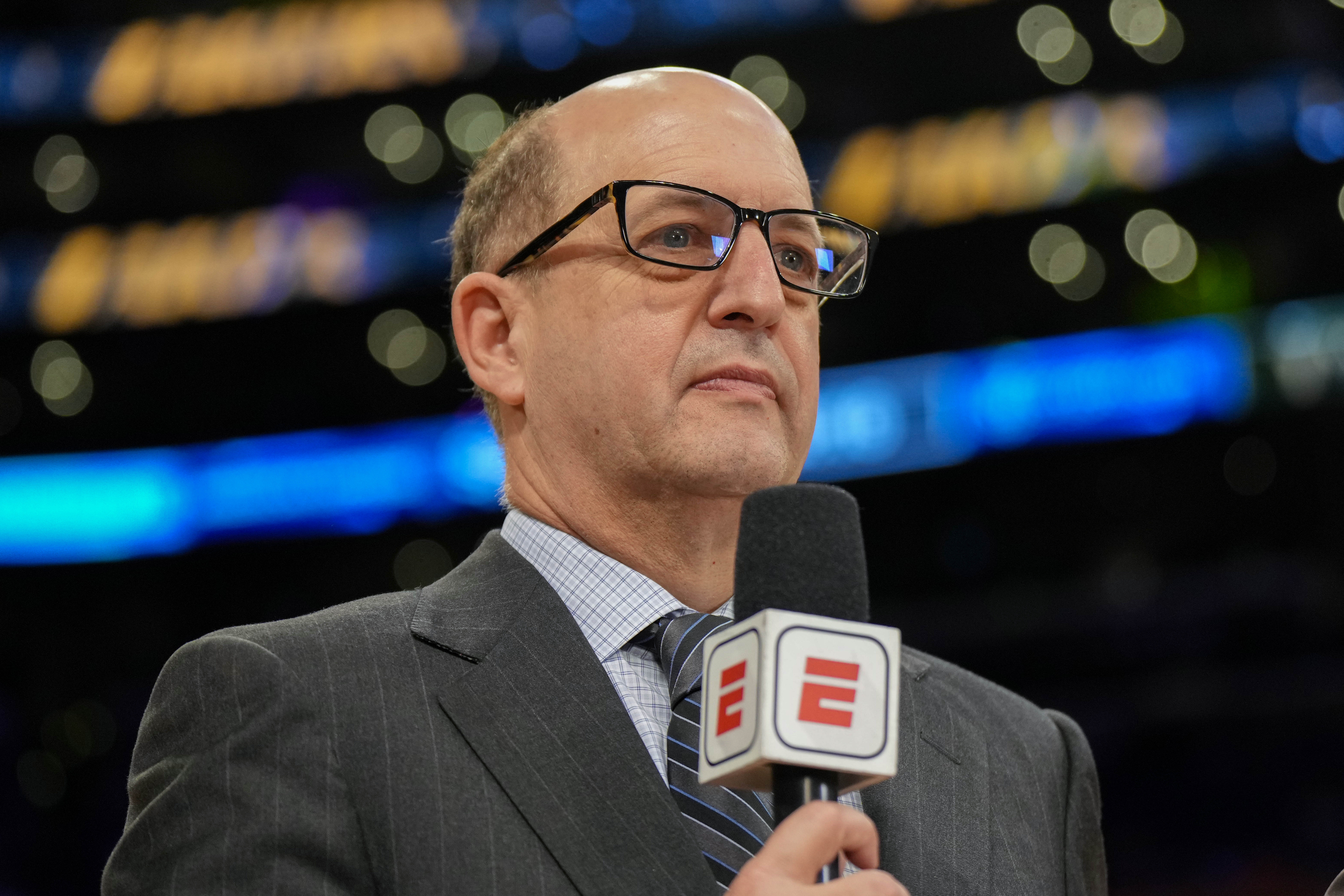
Ignore slight contact and strictly catch obvious fouls
Recall the Paris Olympics, or any high-standard FIBA event in recent years. NBA players who are deeply involved in fraud and foul habits usually need a few games to adapt to referees who do not take fake falls or exaggerated actions. The reduction in whistle often leads to more exciting and smoother games. What really determines the outcome is the basketball skills we have practiced since childhood, rather than the foul skills. This is especially important to Alexander. His trick to obtaining the whistle is not only the obvious fake fall, but also the exquisite acting skills. Even if the defender brushes slightly, he will interpret the contact into a collision and immediately make a shooting move. If most of these actions are not called out, he will naturally restrain himself. This most talented offensive player in history has the ability to adjust.
Of course, the referee cannot completely lose control of the game. Taking the Thunder’s series against the Nuggets as an example, the Thunder has an excellent and deeper lineup, younger players and more likely to win. Regardless of the harsh yardstick, they are more likely to advance. However, Caruso and Dortmund were allowed to adopt a confrontational intensity that was far beyond the rest, which was obviously a bit of a fuelling.
At the same time, Alexander continued to get favorable whistles on the offensive end. This double standard is not the first time it has appeared. Timberwolves head coach Chris Finch was blunt after the regular season between the Thunder and the Timberwolves in February this year. "It's so frustrating against this team because they're crazy fouls," Coach Finch told reporters. "They do, they're fouls all over the game. But you can't touch Alexander at all. This double standard is very disgusting."
This may be like a head coach's complaint, but it's hard for anyone who has watched the Thunder (or the Knicks) game not to notice the same phenomenon. Sometimes when the opponent realizes this, they think, “It seems like you have to hit this way to get a whistle.. "In the Western Conference semi-finals, Jokic encountered many encounters that we called "high-intensity confrontation" but did not get a call, and began to imitate fraud fouls. Several of them did get whistles. This is not an excuse for Jokic. Fake falls damage the purity of the game. It should be condemned no matter who uses it, but the league needs to be more wary of what its judgment standards encourage in disguise.
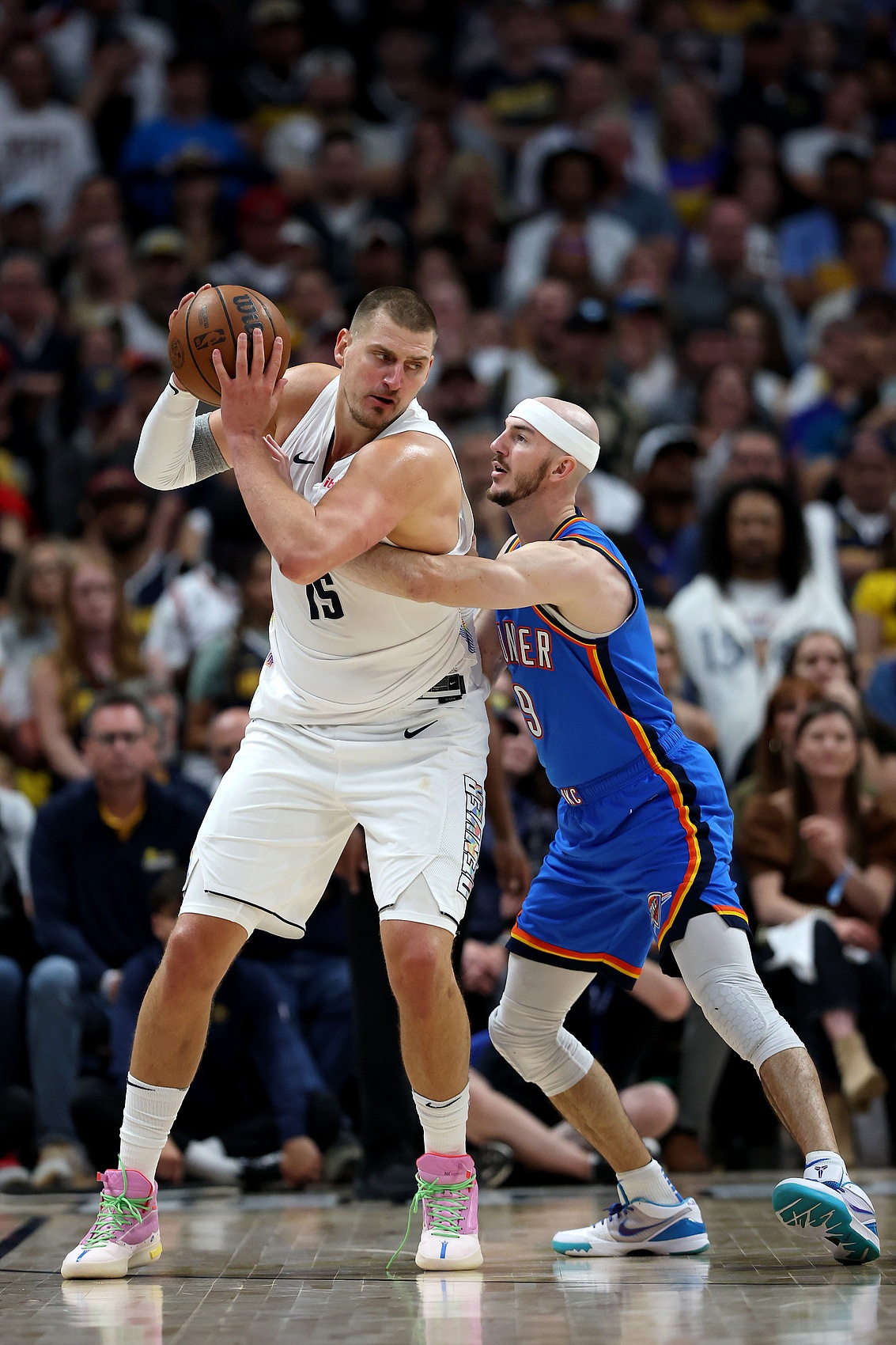
Severe punishment mechanism must be formulated during the offseason
Unfortunately, even if it is That is, all the above measures are fully implemented, and this problem may still not be eradicated. Fake falls are deeply rooted in the NBA's game mode, and it is necessary to completely eliminate them. First of all, most of the penalty rights should not be completely handed over to the on-site referees. Their work is extremely difficult, and we must make judgments based on complex rules in a flash, while keeping up with the evolutionary speed of the world's top players who are trying to deceive them.
Therefore, the league should set up a special anti-fake fall team (if you know The name is too exaggerated. At least one replay center specialist will be arranged every night to focus on such issues, rather than putting all the pressure on the referee's shoulders on the court. If the false fall is missed on the spot, the group (or specialist) should have the right to add additional punishment after the game. And the punishment should no longer be a technical offender who is "not violating the sports spirit". Deceiving the referee is an act that violates the sports spirit. Such behavior should be included in the accumulation of conventional technical offenders. It is more ideal to do so: the threshold for banning fake falls should be lower than that of ordinary skills. Counterfeit.
These world-class basketball players may need several weeks of adaptation, but they will eventually adjust to return to purity just like they did when they were playing jungle balls as they did when they were young. When the players start to show up in a dignified manner, the game will not become a foul competition, which will undoubtedly improve the viewing of the game. A tweet on social media that "fake falls may cause fans to change stations" received a lot of likes and replies, as one netizen said: "I changed to watch golf videos, although I don't love the sport at all. "Basketball is a beautiful sport, and the NBA is still its highest level. But the league currently has obvious chronic diseases, and this can be cured.
Original text: Andy Bailey
Compiled by: Li Taibai

